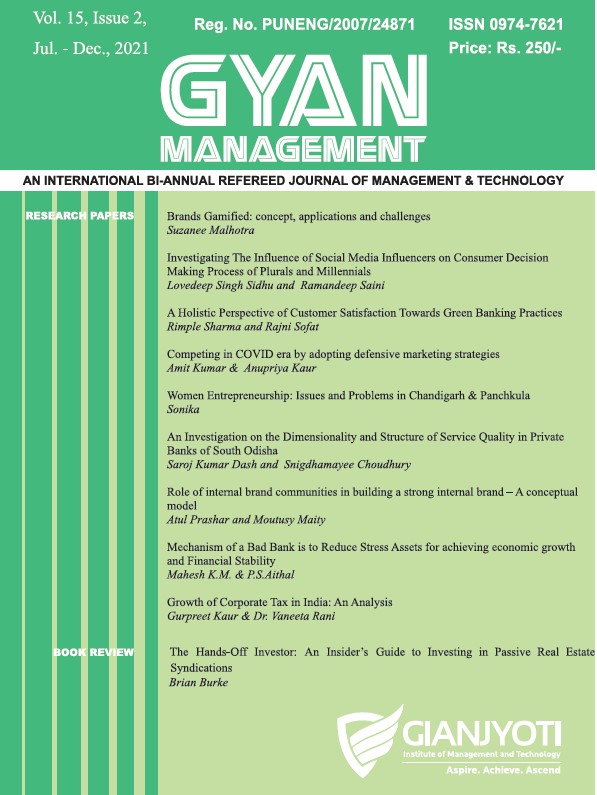Dynamic interaction among government consumption expenditure and private consumption expenditure in India
Keywords:
Government Consumption, Private Consumption, India, Cointegration, Error Correctic - Model, Granger CausalityAbstract
In last few decades, the study of the relationship between the real government consumption and rea.· private consumption has attracted the attention of many economists and policy makers. Keynesians, or the one hand, holds that government spending has a positive or expansionary effect on privat£ spending; neo-c/assicals, on the other hand, argue that government spending crowds out privat£ spending. The supporters of Ricardian Equivalence Hypothesis advocate for no effect of govern mer.= spending on private spending. In the existence of this paradoxical evidence, this paper attempts t: investigate the dynamics of the interaction among government and private consumption in India fo • the period 1960-61 to 2008-09. Using the Cointegration test and error correction model, the study add: the literature the evidence in support of the long-run equilibrium relationship among variables. Tr:: causality test in the error correction model indicates that there exists a unidirectional cause relationship which runs from private consumption expenditure to government consumptio· expenditure in the long-run. However, the Granger causality test indicates that there is no short-n. - causality between them.
Downloads
References
Downloads
Published
Issue
Section
License
Copyright (c) 2022 Gyan Management Journal

This work is licensed under a Creative Commons Attribution 4.0 International License.



